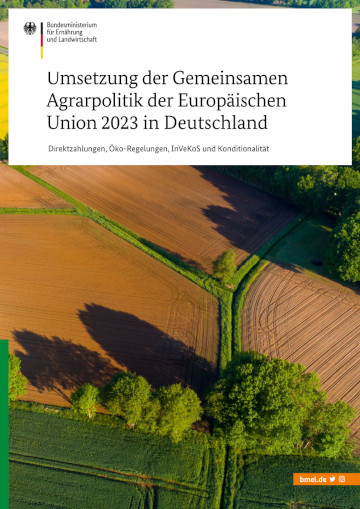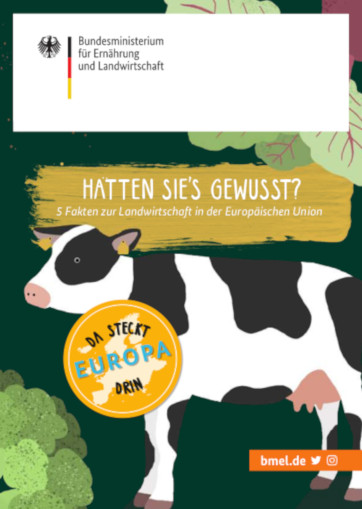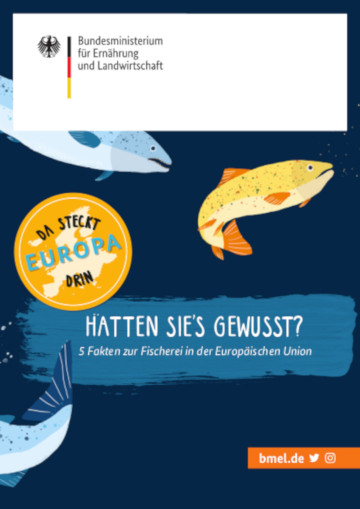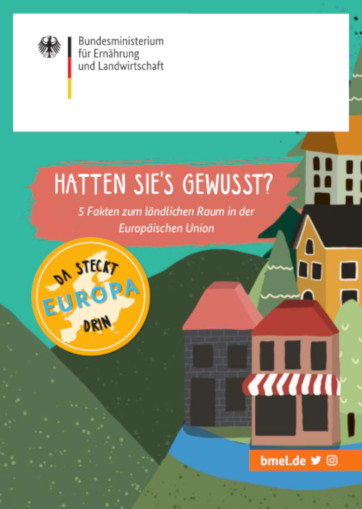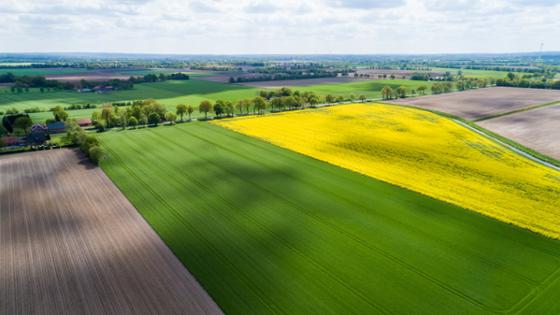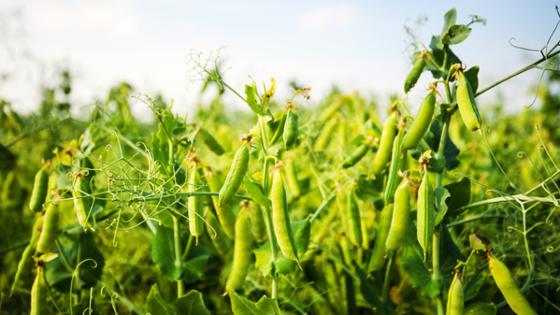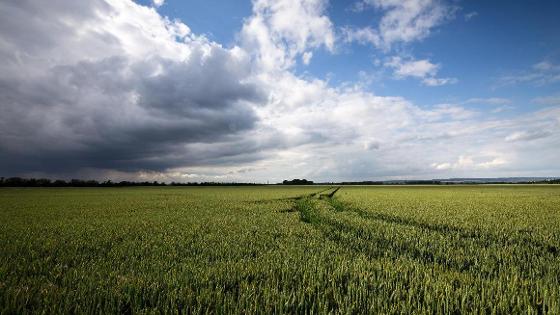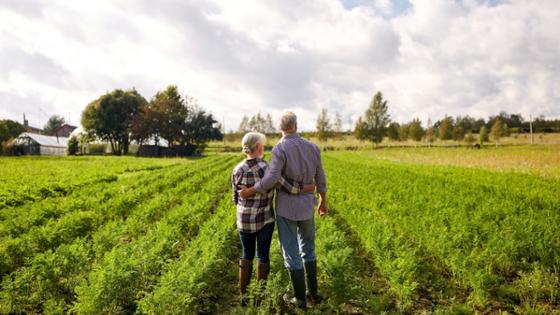Strengthening the agri-food sector
The COVID-19 pandemic has clearly demonstrated that the agri-food industry is of systemic relevance, because it safeguards supplies of agricultural products and food for Europe’s population. During its Presidency, Germany is therefore advocating strengthening this vital sector.
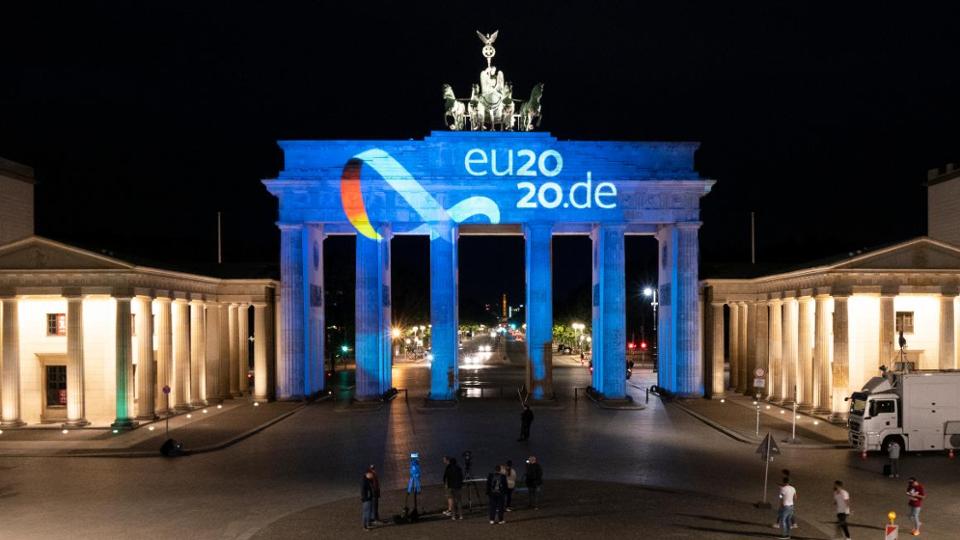
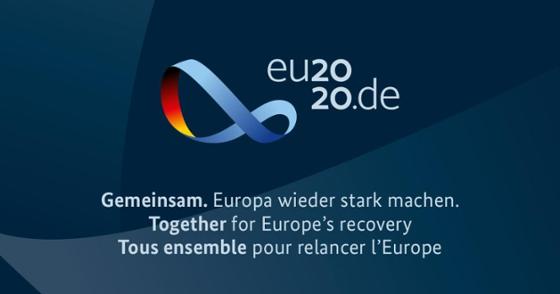

Negotiations on the future of the Common Agricultural Policy (CAP) after 2020
The objectives of the CAP include:
- supplying the population with high-quality food at affordable prices;
- stabilising the income of farmers;
- and boosting competitive strength.
Promoting the sustainable development of rural areas was later added as an additional vital aspect of European agricultural policy.
One of the important goals of the CAP reform is to have an even stronger focus on environmental protection and climate change mitigation. At the same time, it is planned to simplify the CAP for farmers and administrations, to make it more flexible and to tailor it more closely to the needs of the Member States.
To this end, the European Commission has submitted proposals. The German Council Presidency has reached a political agreement among the Member States, a so-called "General Approach of the Council", in October 2020. This "General Approach" is the basis for the trilogues, in which the two co-legislators (Council and the European Parliament) strive to reach an agreement on the legislative proposals. The trilogues started on 10 november 2020 and will probably be finalised within the first six months of 2021.
The Farm to Fork Strategy and the European Commission’s 2030 Biodiversity Strategy
The Farm to Fork Strategy ("From stable to table") and the EU Biodiversity Strategy, which were presented by the European Commission, are closely linked with the CAP. Their objective is to create a reliable, sustainable and resilient food system that also takes into account the interdependencies between the health of the population and environmental limits.
The German Council Presidency has reached an agreement on conclusions for the implementation of the Farm to Fork Strategy. It is intended that these should then also be taken into account in preparing Council conclusions on the Biodiversity Strategy.
Animal welfare and food labelling issues
The German Council Presidency is further seeking to advance animal welfare and food labelling issues. The aim is to assess and harmonise at EU level the possibilities of introducing an EU-wide animal welfare label and an EU-wide uniform extended nutritional labelling system.
Sustainable fisheries
In the second half of the year, fisheries issues are also traditionally on the agenda of Council meetings. This includes setting the fishing quotas for the following year.
The quotas for various marine regions have been negotiated and agreed on in October on the basis of scientific recommendations.
In addition to that, the autonomous tariff quotas for fisheries imports are to be set in the december Council meeting.



